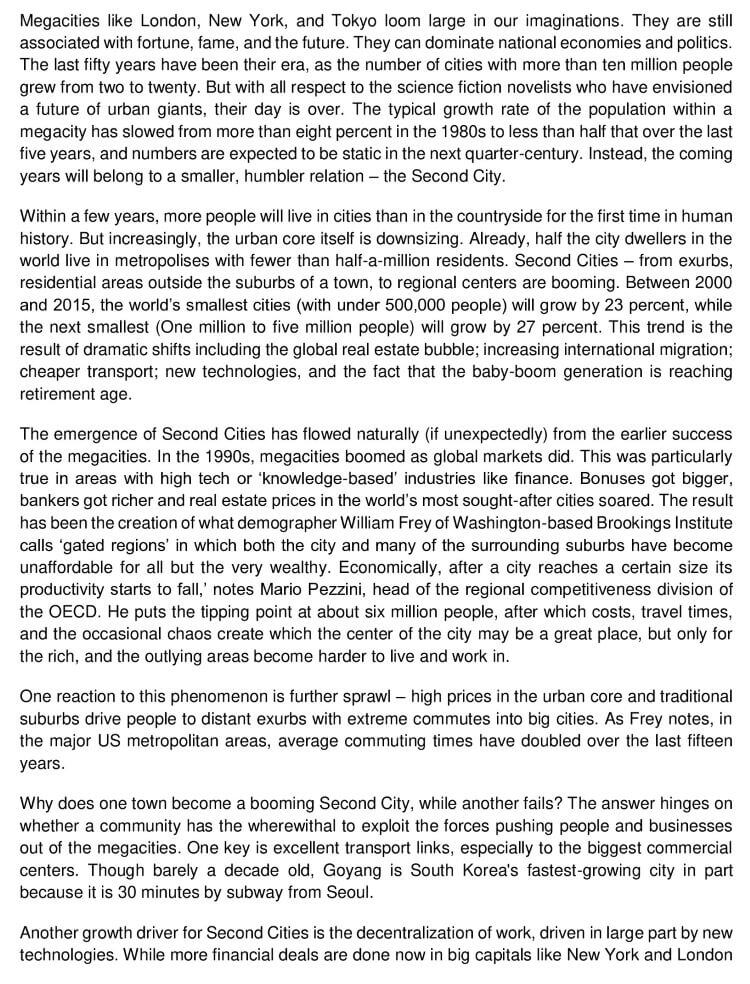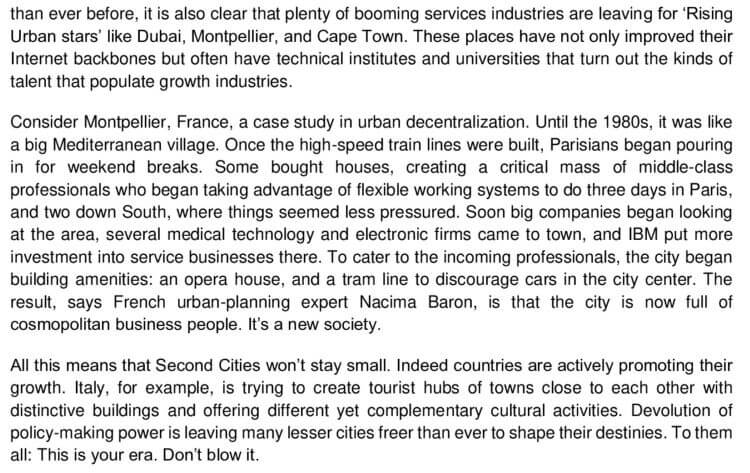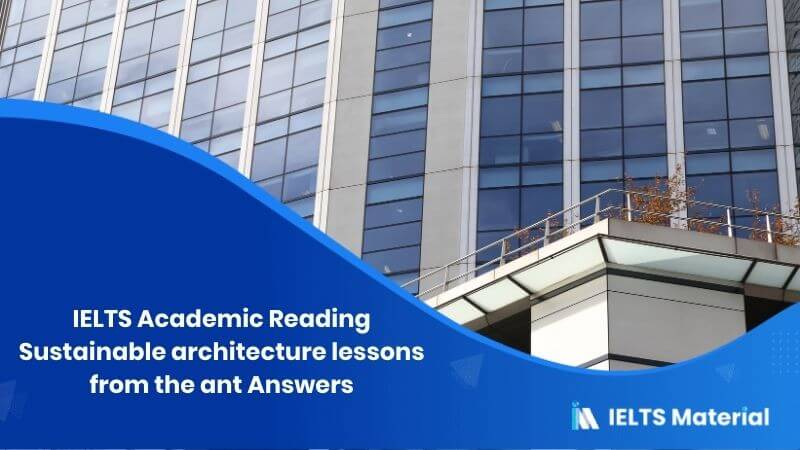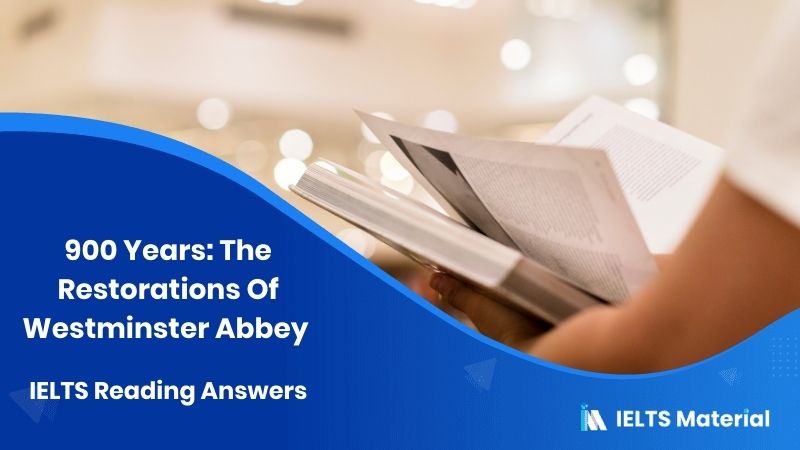Unlikely Boomtowns: The World’s Hottest Cities- IELTS Reading Answer
8 min read
Updated On
-
Copy link
Table of Contents

5 Most Recent IELTS Reading Practice Tests
‘Unlikely Boomtowns: The World’s Hottest Cities’ is an IELTS Reading passage that has appeared in an IELTS Test. Since questions get repeated in the IELTS exam, these kinds of reading passages are ideal for practice.
The Reading Module of the IELTS can be the top-scoring category, with diligent practice. To achieve the best results in this section, you must understand how to approach and answer the different Question types in the Reading Module. By solving IELTS reading practice tests and reviewing Sample Reading Questions from past IELTS papers, you can ensure that your Reading skills are up to the mark.
Reading Passage
Unlikely Boomtowns: The World’s Hottest Cities


Questions 1-3
Choose three letters A-G. Which THREE of the following statements is true of megacities according to the text
A They tend to lead the way in terms of fashion.
B Their population has ceased to expand.
C They reached their peak in the second half of the twentieth century.
D 50 percent of the world’s inhabitants now live In them,
E They grew rich in profits from the manufacturing industry.
F Their success begins to work against them at a certain stage.
G It is no longer automatically advantageous to base a company there
Choose three letters A-G
The list below gives some possible reasons why small towns can turn into successful Second Cities. Which THREE of these reasons are mentioned by the writer of the text
A the existence of support services for foreign workers
B the provision of cheap housing for older people
C the creation of efficient access routes
D the ability to attract financial companies
E the expertise to keep up with electronic development
F the maintenance of a special local atmosphere
G the willingness to imitate international style architecture
Questions 7 – 13
Urban Decentralisation
It is becoming increasingly obvious that large numbers of 7……are giving up their expensive premises in the megacities and relocating to smaller cities like Montpellier. One of the attractions of Montpellier is the presence of a good 8…… that can provide them with the necessary skilled workforce.
Another Important factor for Montpellier was the arrival of visitors from the 9……………… The introduction of the 10………meant that increasing numbers were able to come for short stays. Of these, a significant proportion decided to get a base in the city. The city council soon realized that they needed to provide an appropriate 11……….for their new inhabitants. In fact, the 12…………… among them liked the more relaxed lifestyle so much that they took advantage of any 13……….arrangements offered by their firms to spend more of the week in Montpellier.
A urban centers
B finance companies
C flexible
D tram line
E cosmopolitan
F service industries
G capital
H high-speed train
I infrastructure
J unskilled workers
K jobs
L medical technology
M professionals
N European Union
O amenities
P middle age
Q overtime
R University
Unlikely Boomtowns: The World’s Hottest Cities IELTS Reading Answer
Check out the answer key for this IELTS Academic Reading passage, Unlikely Boomtowns: The World’s Hottest Cities, with detailed explanations.
1 Answer: B
Question type: Multiple Choice Question
Answer location: Paragraph 1
Answer explanation: Paragraph 1 elucidated megacities. In the 5th of the first paragraph, it is mentioned that the typical growth rate of the population within a megacity has slowed from more than eight percent in the 1980s to less than half that over the last five years, and numbers are expected to be static in the next quarter-century. These lines indicate that the growth of population in megacities has been reducing over the last five years. Thus, it’s evident that the population growth of megacities has ceased to expand. So, the answer is B.
2 Answer: F
Question type: Multiple Choice Question
Answer location: Paragraph 3
Answer explanation: The initial lines of the 3rd paragraph states that the emergence of Second Cities has flowed naturally (if unexpectedly) from the earlier success of the megacities. In the 1990s, megacities boomed as global markets did. These lines reveal that the arrival of second cities has begun naturally unlikely from the prior success of megacities. Earlier, these megacities boomed as global markets in 1990. Therefore, it is clear that their success begins to work against them at a certain stage. Hence, the answer is F.
3 Answer: G
Question type: Multiple Choice Question
Answer location: Paragraph 3, line 2
Answer explanation: The 2nd line of the 3rd paragraph states that in the 1990s, megacities boomed as global markets did. This was particularly true in areas with high tech or ‘knowledge-based’ industries like finance. Bonuses got bigger, bankers got richer and real estate prices in the world’s most sought-after cities soared. We can understand from these lines that when megacities boomed as global markets, bonuses got bigger, bankers got richer, and real estate prices soared high, which means that megacities were no longer automatically advantageous to base a company. Thus, the answer is G.
4 Answer: C
Question type: Multiple Choice Question
Answer location: Paragraph 5, line 3
Answer explanation: We find a reference in the 3rd line of the 5th paragraph, which states that one key is excellent transport links, especially to the biggest commercial centers. We can deduce from these lines that there were excellent transport links to the biggest commercial centers. As a result, the writer has mentioned the creation of efficient access routes. Hence, the answer is C.
5 Answer: E
Question type: Multiple Choice Question
Answer location: Paragraph 7, line 6
Answer explanation: The 6th line of the 7th paragraph states that soon big companies began looking at the area, several medical technology, and electronic firms came to town, and IBM put more investment into service businesses there. We can understand from these lines that the small town had the expertise to keep up with the electronic development. Hence, the answer is E.
6 Answer: F
Question type: Multiple Choice Question
Answer location: Paragraph 8
Answer explanation: In paragraph 8, it is mentioned that second Cities won’t stay small. Indeed countries are actively promoting their growth. Italy, for example, is trying to create tourist hubs of towns close to each other with distinctive buildings and offering different yet complementary cultural activities. We can deduce from these lines that the second cities will not remain small because the countries are actively promoting their growth. For example Italy. It is evident that the small towns can turn into successful second cities due to their maintenance of a special local atmosphere. Hence, the answer is F.
7 Answer: F
Question type: Summary Completion
Answer location: Paragraph 6
Answer explanation: Paragraph 6 states that while more financial deals are done now in big capitals like New York and London than ever before, it is also clear that plenty of booming services industries are leaving for ‘Rising Urban stars’ like Dubai, Montpellier, and Cape Town. These lines indicate that it is becoming increasingly obvious that large numbers of service industries are giving up their expensive premises in megacities and relocating to smaller cities like Montpellier. Thus, the answer is F.
8 Answer: R
Question type: Summary Completion
Answer location: Paragraph 6, last line
Answer explanation: The last line of the 6th paragraph states that these places (Dubai, Montpellier, and Cape Town) have not only improved their Internet backbones but often have technical institutes and universities that turn out the kinds of talent that populate growth industries. These lines indicate that one of the attractions of Montpelier is the presence of technical institutions and universities that can provide the necessary industry exposure and skilled workforce. Hence, the answer is R.
9 Answer: G
Question type: Summary Completion
Answer location: Paragraph 7
Answer explanation: The introductory line of the 6th paragraph states, “Consider Montpellier, France, a case study in urban decentralization. Until the 1980s, it was like a big Mediterranean village. Once the high-speed train lines were built, Parisians began pouring in for weekend breaks.” These lines indicate that one of the key factors for Montpellier was the arrival of visitors from the capital, that is the Parisians visiting during the weekend breaks. Hence, the answer is G.
10 Answer: H
Question type: Summary Completion
Answer location: Paragraph 7
Answer explanation: The initial lines of the 7th paragraph illustrates, “Consider Montpellier, France, a case study in urban decentralization. Until the 1980s, it was like a big Mediterranean village. Once the high-speed train lines were built, Parisians began pouring in for weekend breaks.” These lines suggest that until the 1980s, it was like a big Mediterranean village and when the high-speed trains were constructed, Parisians started visiting often. Thus, the introduction of high-speed trains meant that increasing numbers of people were able to come for short stays. Hence, the answer is H.
11 Answer: O
Question type: Summary Completion
Answer location: Paragraph 7, line 9
Answer explanation: The 9th line of the 7th paragraph reveals that to cater to the incoming professionals, the city began building amenities: an opera house, and a tram line to discourage cars in the city center. These lines indicate that the city started building amenities to cater to the incoming professionals for new inhabitants. Thus, the answer is O.
12 Answer: M
Question type: Summary Completion
Answer location: Paragraph 7, line 3
Answer explanation: The 3rd line of the 7th paragraph states that some bought houses, creating a critical mass of middle-class professionals who began taking advantage of flexible working systems to do three days in Paris. These lines suggest that some professionals liked the more relaxed lifestyle. Hence, the answer is M.
13 Answer: C
Question type: Summary Completion
Answer location: Paragraph 7, line 3
Answer explanation: Paragraph 7, line 3 illustrates, “Some bought houses, creating a critical mass of middle-class professionals who began taking advantage of flexible working systems to do three days in Paris.” We can deduce from these lines that the professionals liked a more relaxed lifestyle so much that they took advantage of flexible working arrangements offered by their firms to spend more time in Montpellier. Thus, the answer is C.
Check More IELTS Reading Answers
Practice IELTS Reading based on question types

Free online IELTS Academic Reading practice test
Explore other Reading Topics

Janice Thompson
Recent Articles

Kasturika Samanta

Kasturika Samanta

Janice Thompson








Post your Comments
2 Comments